The project theses Mechatronics is integrated into the project theses Production and Systems Engineering. Registration for both specializations takes place at the beginning of the respective semester via StudIP under „Projektarbeit Produktions- und Systemtechnik“.
This is the list of project, study, bachelor and master theses currently advertised at the IMT.
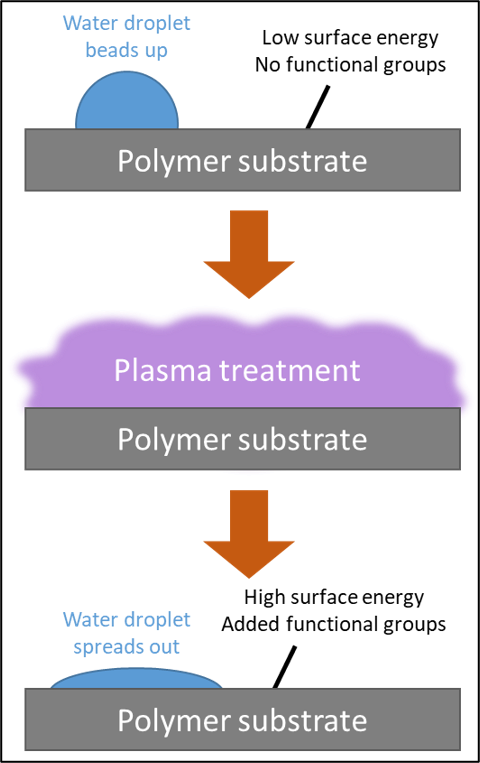
The increasing demand for microfluidic devices calls for affordable and scalable methods to create systems using thermoplastics such as PC, COC, and PMMA. However, these materials are difficult to seal. This thesis explores plasma processes as a way to improve bonding of thermoplastic materials to make scalable microfluidic device fabrication easier and less expensive.
Responsible: Hazal Kutluk
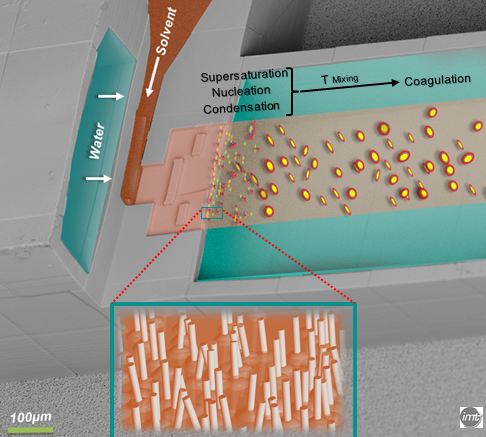
Lipid nanoparticles (LNPs) is a carrier for medical agents in the human body. Many modern active pharmaceutical ingredients have poor water
solubility and strong lipophilic properties. As a result, the need for alternative dosage forms in order to apply these drugs appropriately is increasing. However, the dosage form can be improved by reducing the size of the drug particles, which results in fundamentally different biophysical properties compared to systems with macroparticles, and increases the specific surface area relevant for mass transfer.
Responsible: Ebrahim Taiedinejad
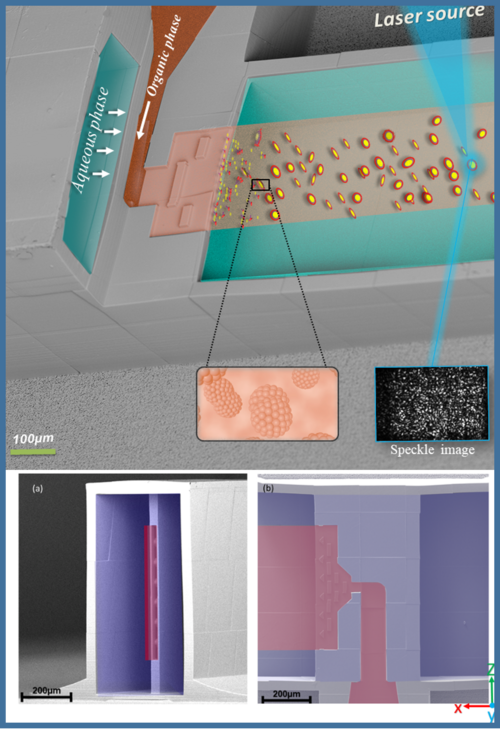
Lipid nanoparticles (LNPs) have emerged as an important technology for the delivery of nucleic acids, particularly mRNA, due to their ability to encapsulate and protect these sensitive molecules. Recent advances in microfluidic systems have significantly improved the efficiency and throughput of LNP production, enabling rapid screening and optimization of different lipid formulations. Microfluidic devices play a pivotal role in the formulation of LNPs by allowing precise control over mixing conditions, which is essential for achieving optimal particle size and encapsulation efficiency. The staggered herringbone design in microfluidic mixers enhances mixing efficiency and enables the formation of LNPs with desired:
Responsible: Ebrahim Taiedinejad
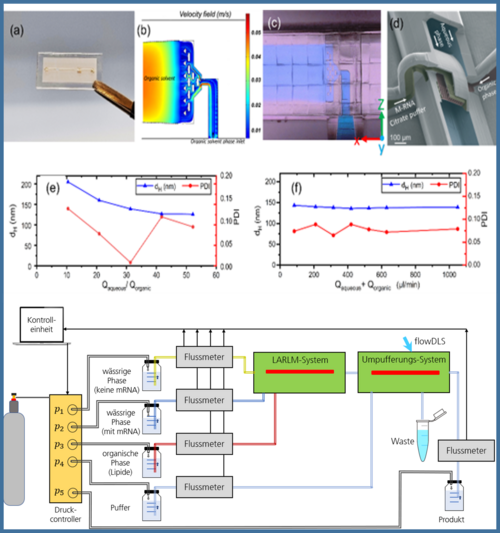
We are seeking motivated students to join our research team focused on the integration of 3D microfluidic systems for encapsulation and filtration of LNP-loaded mRNA. This project represents a significant advance in drug delivery technology, enabling high-throughput production, precise control of nanoparticle characteristics, and efficient separation processes. These innovative platforms are crucial for enhancing the development and application of mRNA-based therapeutics, addressing the growing demand for effective drug delivery solutions.
Responsible: Ebrahim Taiedinejad
Oxidative and nitrosative stress are directly linked to a wide range of disorders, from Alzheimer’s to schizophrenia. A sensor to measure these stressors could find applications from point-of-care diagnostic aids (labs-on-chips) to functioning as a new research tool in miniaturized disease models (organs-on-chips). The aim of this project is to take a previously-developed optical assay based on a soluble chemical and develop it into a sensor platform by immobilizing or otherwise integrating this chemical compound into microfluidic devices.
Responsible: Dr. Thomas Winkler
Biomedical research largely relies on culture of cells in standardized arrays of culture wells (e.g. 96-plate). The aim of this project is to design a robotic gantry system that can operate inside a cell culture incubator to measure metabolic function and dispense/exchange liquids from such culture plates. The goal is to use standard, low-cost components and provide an open-source design to make it accessible to academic laboratories worldwide.
Responsible: Dr. Thomas Winkler
Hi! We are MinkTec, a spin-off of the IMT and we want to be the very first company to find and successfully target the causes of non-specific back pain. Our unique sensor shirt is the first easy-to-use technology in the world to track the exact shape of the spine 24/7 and display a personalized 3D-avatar of the user in their mobile app. Using machine learning algorithms, we want to analyze motion patterns of back pain patients to find the causes of their pain. Our app provides tips and tricks for better posture as well as targeted vibration alerts and includes an individualized training plan that is covered by all German Health Insurances.
Ansprechpartner: Benjamin Holmer (benjamin.holmer@minktec.com or +49 176 6122 8869)
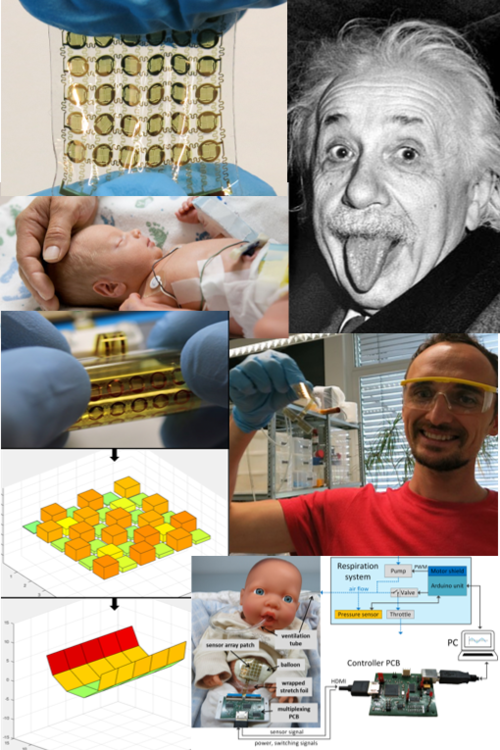
Dear Students / Liebe Studierende,
In this project you can do any kind of work to create flexible/stretchable sensor systems! From sensor design/fabrication, over electronics development/fabrication to exciting software development tasks. You can expect interesting tasks at a competent and pleasant working atmosphere!
Just have a look at my website: www.ib-ekoch.de
Die Arbeit kann sowohl in deutscher als auch in englischer Sprache durchgeführt werden.
Feel free to contact me at any time :)
Ansprechpartner: Eugen Koch